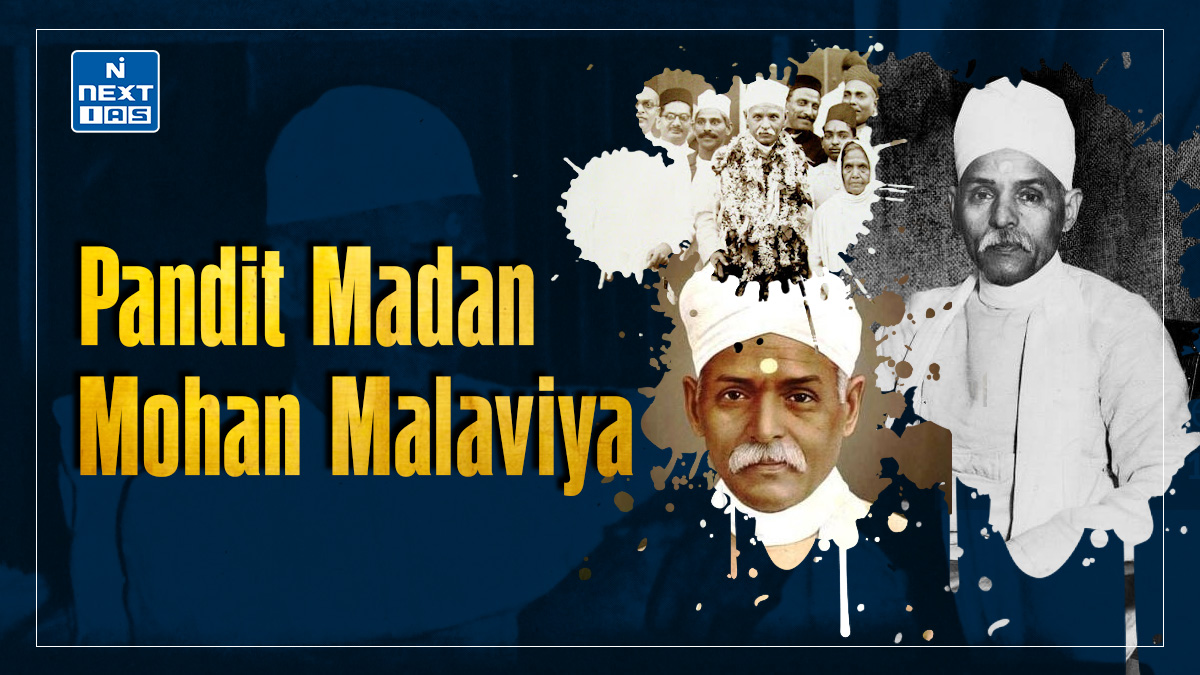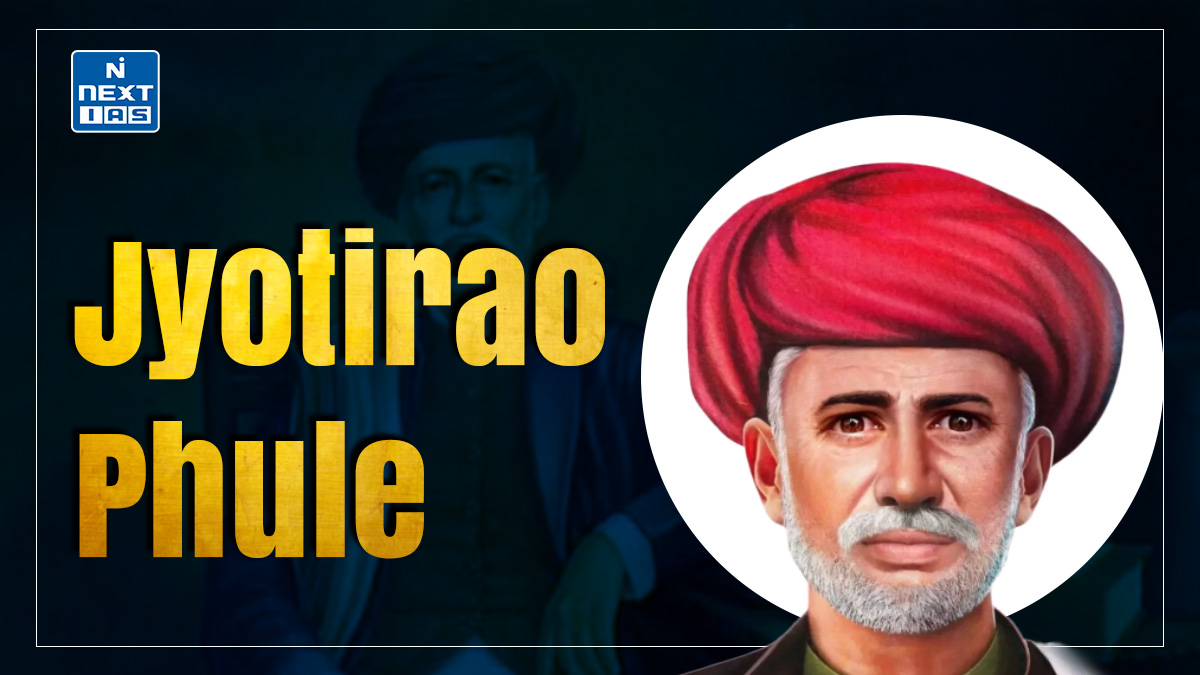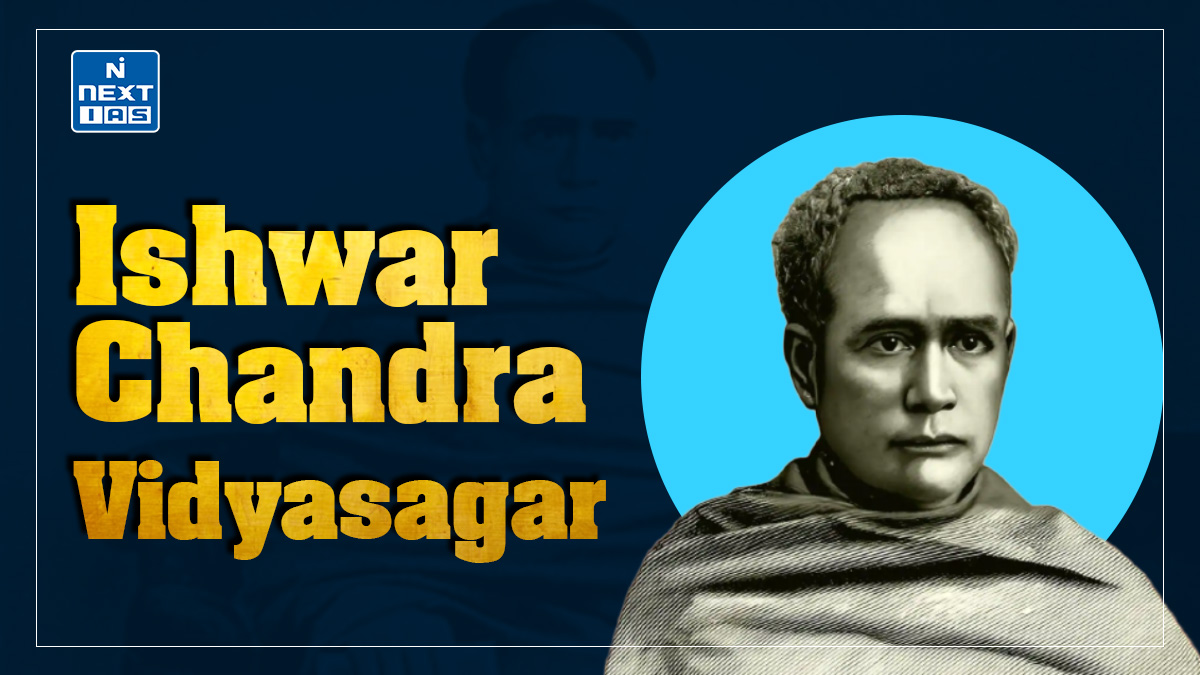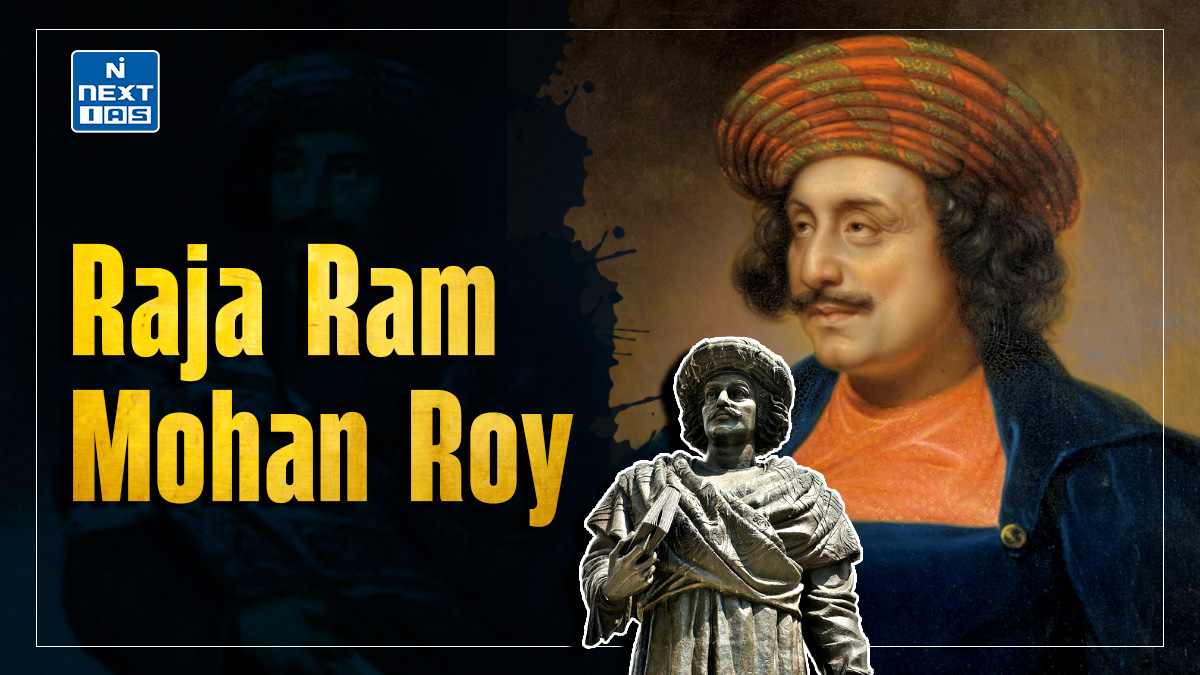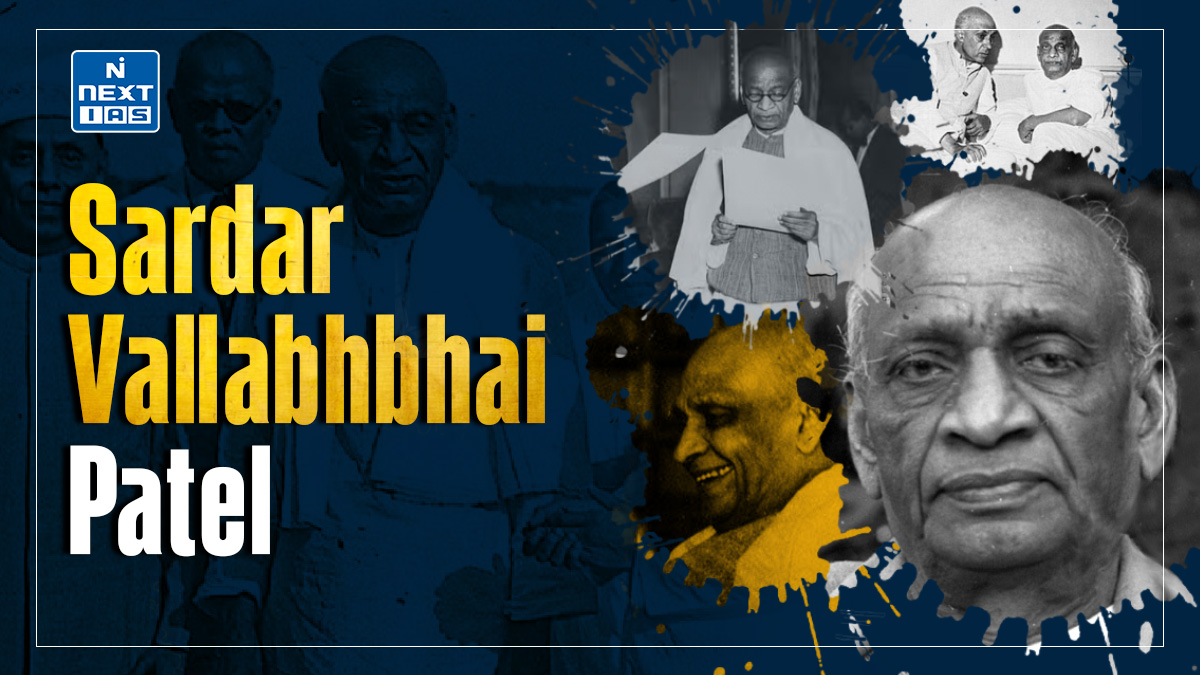
Swami Vivekananda, born as Narendra Nath Datta on 12th January 1863, was a spiritual leader and social reformer who introduced Vedanta and Yoga to the Western world. He played a significant role in reviving Hinduism, fostering interfaith harmony, and inspiring generations with his philosophy of self-realization and service. This article aims to study in detail the life, teachings, and contributions of Swami Vivekananda, exploring his impact on Indian society and the global spiritual landscape.
About Swami Vivekananda
- Swami Vivekananda, born as Narendra Nath Datta on January 12, 1863, in Kolkata, was a spiritual leader, philosopher, and social reformer who pivotally revived Hinduism’s global standing.
- Known for his powerful oratory and profound ideas, he introduced Vedanta and Yoga to the Western world, leaving an indelible mark on interfaith harmony and cultural exchange.
- His contributions continue to inspire people worldwide, particularly the youth, fostering a spirit of self-realisation and service.
Early Life and Spiritual Awakening of Swami Vivekananda
- Vivekananda’s affluent upbringing was marked by a spiritual crisis in his youth, which led to his relentless search for the truth about God.
- His quest culminated in meeting Sri Ramakrishna at the Kali Temple in Dakshineshwar in 1881.
- The teachings of Sri Ramakrishna profoundly influenced Vivekananda, leading him to embrace a life of spirituality and selfless service.
Philosophical Ideals and Teachings
Swami Vivekananda’s ideology revolved around Advaita Vedanta, the non-dualist philosophy propounded by Adi Shankaracharya. Key tenets of his philosophy include:
- Divinity of the Soul: He emphasised that each soul is inherently divine, and the ultimate goal is to manifest this divinity through work, worship, philosophy, or discipline.
- Universal Love and God: He taught the presence of God in every being and urged people to persevere in their spiritual pursuits with trust and love for God.
- Practical Vedanta: Vivekananda linked spirituality with social upliftment, advocating the application of Vedantic principles to address poverty and inequality.
- Harmony and Tolerance: His teachings aimed to unify the diverse sects of Hinduism and promote interfaith harmony by fostering mutual respect and understanding among different religions.
Contributions to Indian Society and the World
Swami Vivekananda’s life was dedicated to spiritual enlightenment and national service. His key contributions include:
- Ramakrishna Math and Mission: After his guru’s passing, Vivekananda established the Ramakrishna Math and Ramakrishna Mission, focusing on spiritual growth, education, and humanitarian service.
- These organisations have become global symbols of selfless service.
- Parliament of the World’s Religions, 1893: Vivekananda gained international recognition for his address at the Parliament of the World’s Religions in Chicago, where his opening words, “Sisters and Brothers of America,” captivated the audience.
- His speech introduced Hinduism to the Western world as a universal and inclusive religion, emphasising the oneness of all faiths.
- Bridge Between East and West: Vivekananda’s interpretation of Hindu scriptures and philosophy resonated with Western audiences, creating a cultural bridge that showcased the relevance of Indian spirituality in addressing modern challenges.
- Reviving National Pride: Vivekananda’s message of spiritual and cultural pride awakened India’s educated elite to the plight of the masses. He urged national unity, emphasising the need to address poverty and social injustice as a prerequisite for India’s resurgence.
- Global Influence: His re-interpretation of Hinduism, particularly Neo-Vedanta, made Indian spirituality accessible worldwide. Concepts like yoga and meditation, popularised by him, became integral to global wellness practices.
Impact on the Indian National Movement
- Vivekananda’s emphasis on self-reliance and spirituality influenced many Indian leaders, including Mahatma Gandhi, Subhas Chandra Bose, and Aurobindo Ghosh.
- His vision of a strong and spiritually awakened India laid the foundation for the country’s freedom struggle.
Legacy of Swami Vivekananda
- Swami Vivekananda’s teachings continue to inspire individuals to lead purposeful and compassionate lives.
- In recognition of his contribution to youth and society, January 12 is celebrated as National Youth Day in India.
- His vision of a harmonious world rooted in universal values remains relevant, offering solutions to contemporary issues.
Conclusion
Swami Vivekananda’s life and teachings are a beacon of hope and inspiration, urging humanity to transcend barriers of caste, creed, and nationality. By promoting spiritual growth and societal upliftment, he created a legacy that continues to guide generations towards a more inclusive and enlightened future.
GS - 1